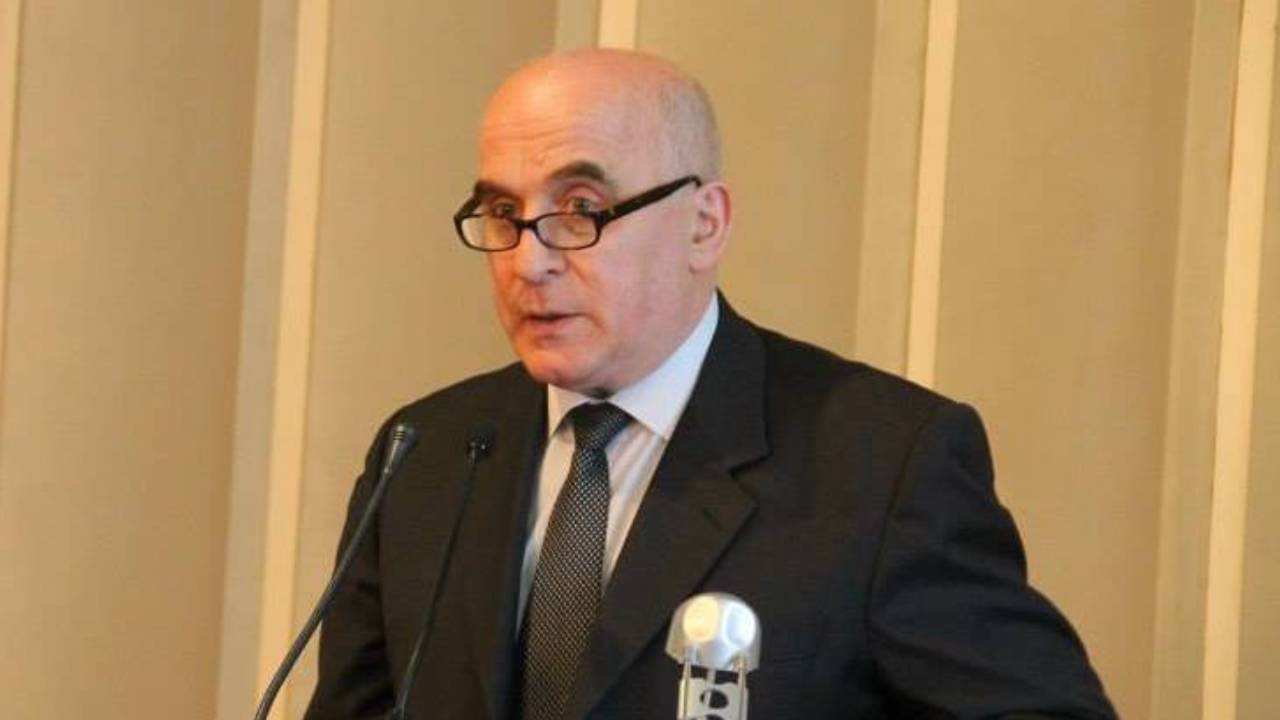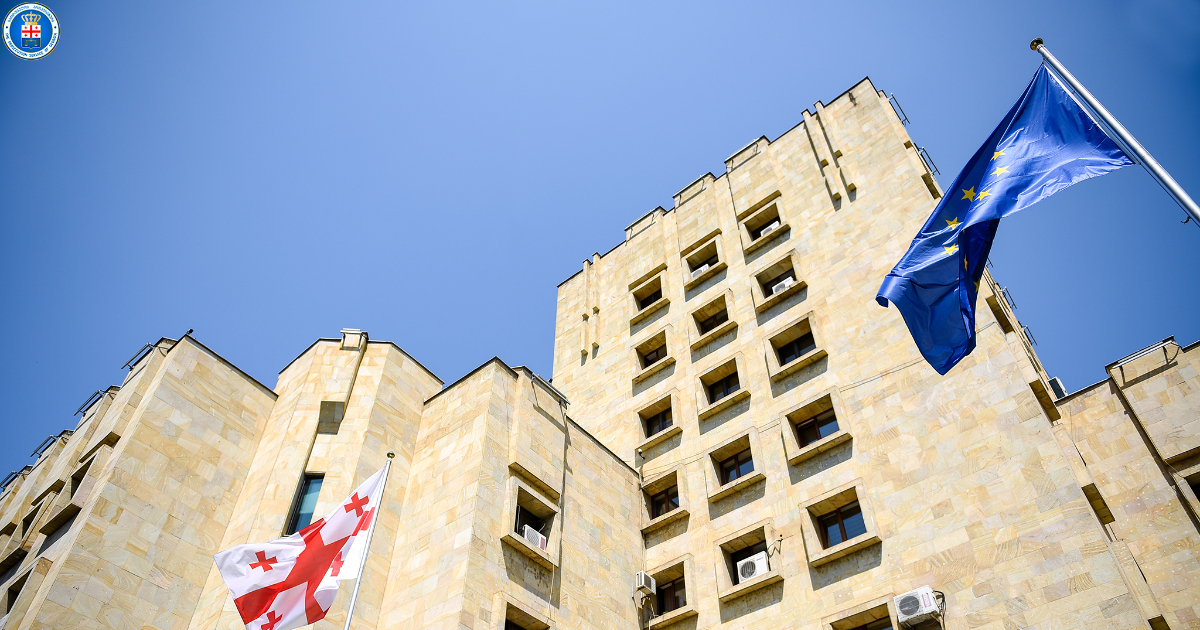Georgia’s ex-FM Menagarishvili warns of ‘severe Int’l isolation’ if Georgia expelled from CoE

Author
Front News Georgia
The Congress of Local and Regional Authorities of the Council of Europe on March 26 adopted a critical resolution on Georgia. The opposition has speculated that on April 7, the CoE may take a decisive step and expel Georgia from its ranks.
The ruling Georgian Dream party, however, remains dismissive of such concerns, asserting that Brussels “has long operated as the headquarters” of a so-called “Deep State” and the claims of its lobbyist MEPs hold little significance. Georgia’s former Minister of Foreign Affairs Irakli Menagarishvili discusses the issues and more in an exclusive interview with Front News.
– What consequences would Georgia face if expelled from the CoE?
– I sincerely hope, and God forbid, that such a scenario unfolds. Expulsion from the CoE would result in an extreme level of international isolation for Georgia, severing its ties with the civilized world. I remain hopeful that it will not come to this. Such an outcome would be categorically unacceptable for our country, as it would threaten Georgia’s historical affiliation with Europe.
Georgia’s chosen path is firmly aligned with the West. The expulsion of our delegation from the Council of Europe would be a significant blow to our national interests. Nevertheless, I still believe that the Council of Europe will not ultimately take such a drastic step.
– The Council of Europe has placed specific conditions on the Georgian government. Even if the conditions are met, expulsion could still be a possibility. The government remains firm in its refusal to hold new general elections, considering it a red line. Given this, how do you foresee the future of relations between Georgia and the Council?
– Diplomacy exists to facilitate compromise. If Georgia values its close relationship with the West and its institutions, it must seek a resolution. There is always a way forward. A stance of withdrawing from dialogue and embracing isolation is harmful to the country.
I am not entirely without hope. If both sides genuinely wish to find a solution, they will. The Council of Europe represents more than just political ties – it signifies Georgia’s connection to the civilized world and its shared values. Should this door be closed to us, discussing foreign policy directions will become even more difficult.
– The US House Foreign Affairs Committee recently passed the MEGOBARI Act which outlines American assistance contingent on Georgia’s democratic progress. The bill includes provisions for both supporting the Georgian people and sanctioning the policies of the ruling party, Georgian Dream. However, the bill still has several stages to pass before becoming law. How significant is this initiative, and what are the chances of its passage?
– It is premature to draw conclusions. The legislative process is lengthy and complex – it could take months or even longer. The act still faces numerous obstacles before becoming law, and even then, it must be signed by President Donald Trump. Therefore, speculation is unwise.
Moreover, Georgia’s fate should not be left to external actors. The only ones who can determine Georgia’s future are its people. While the Act is an important initiative, it should not be the foundation of our domestic policy.
– There are growing expectations regarding US policy toward Georgia under President Trump. So far, he has only mentioned Georgia twice, in the context of Russia and the occupied territories. When do you anticipate the Caucasus becoming a priority for his administration?
– Predicting when or if Trump will make a definitive statement on Georgia or the Caucasus is speculative at best. The US administration is currently preoccupied with pressing global challenges, particularly the war in Ukraine, which dominates its attention and resources.
However, the Caucasus remains geopolitically significant, and its importance will eventually resurface on the international agenda. Once the situation in Ukraine stabilizes, attention will likely shift to this region. In the meantime, the Georgian government must maintain engagement with the US administration and take proactive steps to navigate this challenging political landscape.
– The United Kingdom has recently sanctioned two Georgian judges, while Germany has expanded its sanctions against the Georgian government. What impact could these sanctions have on the country?
– I will not delve into the specifics of the potential damage, as it is not in Georgia’s national interest to amplify these concerns. However, sanctions imposed by allied and friendly nations are inherently damaging.
When major international partners take such measures, there is a real risk of a domino effect, with other countries following suit. Diplomatic relations and international reputation matter greatly, and sanctions from key partners can have far-reaching consequences.
– Amid deteriorating relations with the West, the Georgian government is actively seeking new alliances, as demonstrated by recent visits of the Prime Minister. Georgia has strengthened ties with China and other Eastern nations. The government claims this is a balancing strategy and that partnerships should not be exclusive to the West. What is your perspective on this new foreign policy direction?
– A foreign policy that seeks partnerships at the expense of existing allies is fundamentally flawed. Georgia should not pursue relationships with China or other nations as a retaliatory response to strained relations with the West.
Yes, building strong ties with China is beneficial – China is an economic powerhouse, and we share a history of cooperation. However, such partnerships should be rooted in mutual benefit and good relations, not as a means of replacing our Western partners.
The West remains our historical ally and friend. Attempting to substitute these relationships with new alliances will ultimately prove unsuccessful and counterproductive.
By Elza Paposhvili





